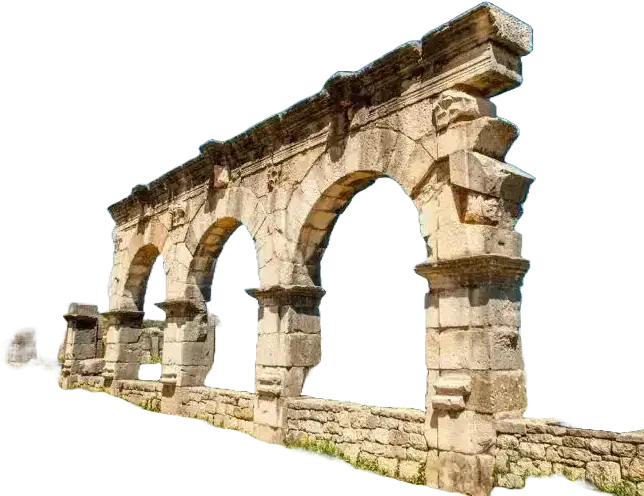I was shanghaied to Nigeria last week, but now that I’m back in the US I want to address the speculation regarding the prospects for Algeria’s upcoming oil and gas licensing round. The September round, in which 31 blocks are available, is the first round in four years and it is the first round to be conducted under the 2012 hydrocarbons reform law. If it succeeds, the law’s backers will be vindicated, but if it fails, they may not have enough political influence to make further reforms and Algeria could be stuck with an unfavorable hydrocarbons regulatory environment for the foreseeable future.
The source of the confusion regarding whether the round is likely to succeed or not has to do with differing definitions of success and Algeria’s emphasis on optics as much as on economics. For Algeria, success is defined less by the number of blocks awarded than by the participation of a handful of key western international oil and gas companies (IOCs). Algiers would like to see marquee companies – supermajors and the most prominent mid-sized companies – win acreage, and thereby restore Algeria’s reputation as a viable environment for IOCs.
Three previous rounds that were governed by the 2006 hydrocarbons law were lackluster at best and failures at worst. None of the rounds attracted meaningful IOC attention. Beginning in 2010, Minister of Energy and Mines Youcef Yousfi recognized that the 2006 hydrocarbons law’s terms were too tough, but he did not have enough political capital to change them. Only with the appointment of Abdelmalek Sellal as prime minister in September 2012 did the policymaking stars align in Algiers to allow the reformed hydrocarbons law to be gazetted in January 2013. Importantly, Yousfi and Sellal retained their posts after the April 2014 reelection of President Abdelaziz Bouteflika, in part to reward them for their loyalty to Bouteflika, but also to ensure that the bid round proceeds as anticipated.
Initial observations note that the majority of the round’s blocks are unattractive, raising speculation that the round is likely to replicate the anemic results of its predecessors and thus signal a setback for Sellal and Yousfi. However, for Sellal and Yousfi, the majority of blocks do not have to be awarded for them to claim success: success would be some companies already present in Algeria doubling down on their Algerian exposure and the return of supermajors that had heretofore quit the country. Given their metrics, the round is more likely than not to succeed.
If it does, Yousfi and Sellal’s positions will be bolstered and their relatively more investor-friendly policy preferences will likely be boosted. Algiers will be able to claim that after several years of uncertainty, the country is once again on the right path. While the immediate economic impact will be negligible, renewed oil and gas exploration activity could inject some hope into what is an otherwise moribund economic forecast.
Although neither Sellal nor Yousfi’s tenure is dependent on the round’s success or failure, their ability to advance their agenda or further reform Algeria’s hydrocarbons fiscal regime would be undermined were the round to fail. Algeria could be stuck with an unattractive regulatory environment for the foreseeable future. If this were to transpire, it would confirm negative medium term economic forecasts for Algeria. The country could find itself in dire straits sometime around 2018, which in turn raises the distinct possibility of intensified social and political unrest shortly thereafter.


